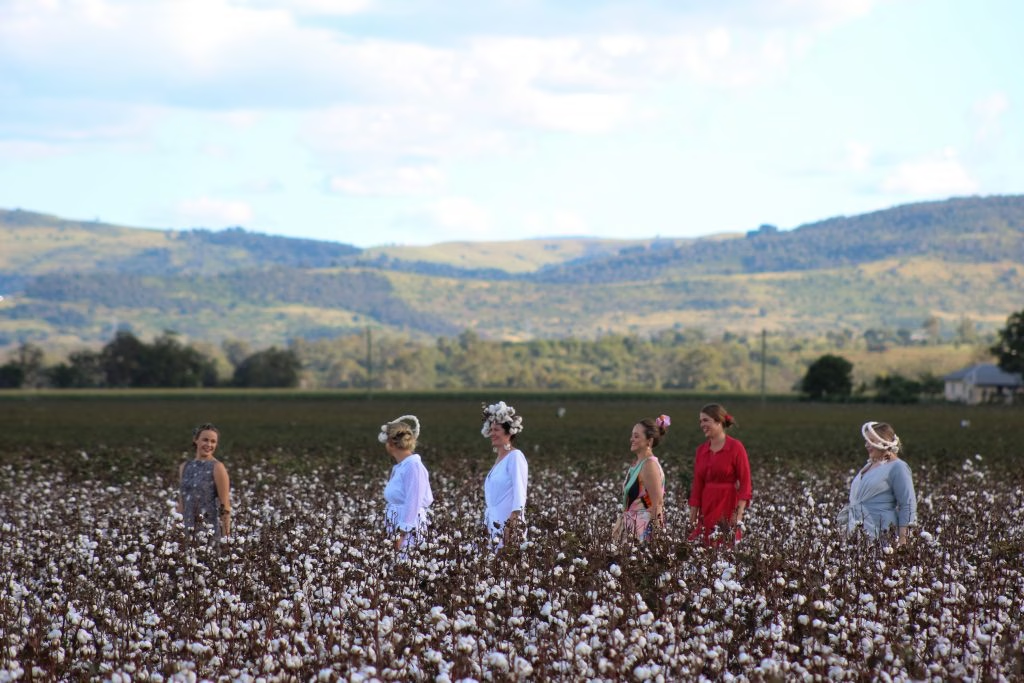RB Sellars, a renowned Australian clothing brand, has partnered with Cotton Australia to incorporate Australian Cotton Mark-certified fiber into its top-selling Burton and Sandy workshirts. This collaboration aligns with Cotton Australia’s Cotton to Market program, which has already seen over 85 million products carry the Australian Cotton Mark, reflecting the growing demand for sustainably sourced materials.
In 2024, the program saw a 16% increase in licensed products, with 33 million items carrying the mark and 52 brand partners, a 33% growth from the previous year. The partnership will be marked by two events in Toowoomba on March 13, including a Young Growers Forum and a promotional event at RB Sellars’ flagship store, celebrating Australian cotton in apparel.
RB Sellars CEO Jim Gall emphasized that the brand’s use of locally grown cotton reflects its commitment to Australian agriculture and sustainable practices. Consumers today demand greater transparency regarding the origins of their clothing, and by choosing RB Sellars, they are directly supporting Australian cotton farmers and sustainability efforts.
Nigel Burnett, chair of Cotton Australia’s board, highlighted the advances in Australian cotton farming, which now requires significantly fewer resources compared to 1992. He noted that brands like RB Sellars are helping drive the demand for homegrown cotton, supporting environmentally friendly and premium-quality products.
Established in 1996, RB Sellars has a strong retail presence, with 17 stores across Australia’s east coast and a recent expansion into New Zealand. The brand also operates online and has a business-to-business arm that outfits various industries. The company is owned by The Propel Group, which has recently sold off its Rossi Boots and Driza-Bone brands.
The partnership between RB Sellars and Cotton Australia also incorporates full traceability of the cotton used, with technology allowing for complete visibility of the cotton’s origin and manufacturing process. This demonstrates that traceability is not only possible but is the future of responsible and sustainable fashion.
